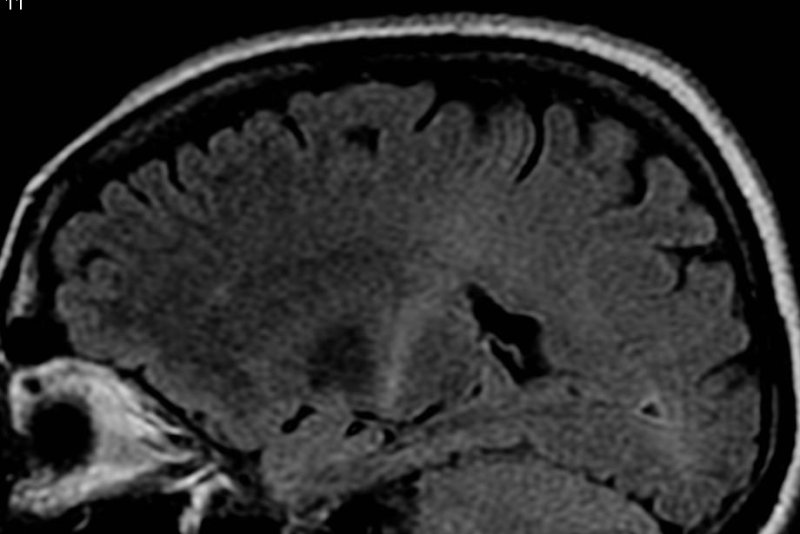BGU scientists examined a novel molecular mechanism that may be used to develop new ALS therapies. Photo by Frank Gaillard.
BEERSHEBA, Israel, Oct. 4 (UPI) -- Researchers from Ben-Gurion University of the Negev say their new gene study could lead to new treatments for amyotrophic lateral sclerosis, or ALS.
The study, published online in the Proceedings of the National Academy of Sciences, examined a novel molecular mechanism that may be used to develop new ALS therapies.
ALS, also referred to as Lou Gehrig's disease, is a neurodegenerative disorder resulting in the death of motor neurons. Individuals living with the disorder have difficulty speaking and even breathing due to muscle atrophy and paralysis.
The cause of the disease is unknown in 90 percent of cases, but roughly 10 percent are genetically inherited. Of those, about 20 percent of cases are caused by a mutation of the SOD1 gene that leads to "misfolded" SOD1 proteins.
In the Ben-Gurion University study, scientists say they used mouse models to hone in on the disease on the cellular level.
"Correct protein folding is critically important, which is why we are focusing on the diverse set of complex cellular mechanisms, including molecular chaperones, that promote efficient folding and prevent toxicity," BGU's Dr. Adrian Israelson explained in a press release.
During the study, researchers identified a gene that regulates cell inflammation and immunity known as the endogenous multifunctional protein macrophage migration inhibitory factor, or MIF, which works with SOD1. When the MIF was eliminated in mice with mutant SOD1 to model ALS, scientists observed an accelerated disease onset and shortened lifespan. Their observations, they contend, can set a precedent for ALS treatments in the future.
"This study provides insight into the potential therapeutic role of MIF in suppressing the selective accumulation of misfolded SOD1 in ALS by modulating MIF levels," Israelson added.















